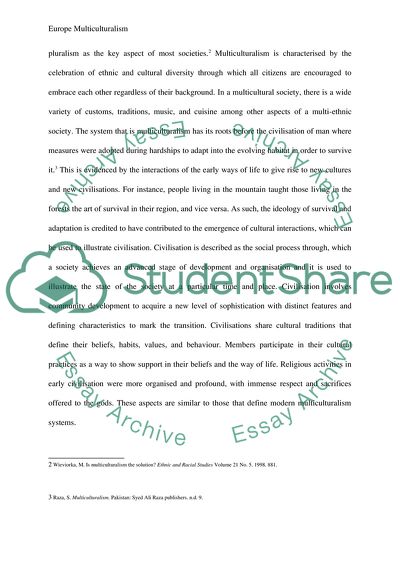Cite this document
(Individualism in Cultural Orientation: Multicultural Integration Essay Example | Topics and Well Written Essays - 3500 words - 1, n.d.)
Individualism in Cultural Orientation: Multicultural Integration Essay Example | Topics and Well Written Essays - 3500 words - 1. https://studentshare.org/history/1795214-essay
Individualism in Cultural Orientation: Multicultural Integration Essay Example | Topics and Well Written Essays - 3500 words - 1. https://studentshare.org/history/1795214-essay
(Individualism in Cultural Orientation: Multicultural Integration Essay Example | Topics and Well Written Essays - 3500 Words - 1)
Individualism in Cultural Orientation: Multicultural Integration Essay Example | Topics and Well Written Essays - 3500 Words - 1. https://studentshare.org/history/1795214-essay.
Individualism in Cultural Orientation: Multicultural Integration Essay Example | Topics and Well Written Essays - 3500 Words - 1. https://studentshare.org/history/1795214-essay.
“Individualism in Cultural Orientation: Multicultural Integration Essay Example | Topics and Well Written Essays - 3500 Words - 1”. https://studentshare.org/history/1795214-essay.


